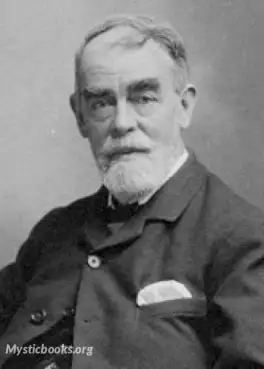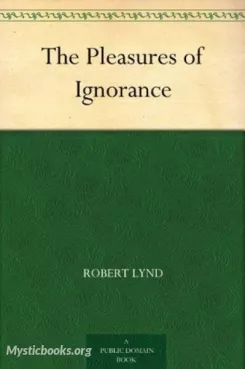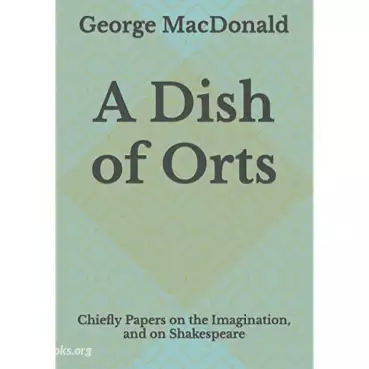
The Note-Books of Samuel Butler
'The Note-Books of Samuel Butler' Summary
In the realm of literature, few authors have delved into the depths of human nature with the same acuity and wit as Samuel Butler. His "The Note-Books" stands as a testament to his intellectual prowess, a collection of insightful observations, philosophical musings, and personal reflections that offer a glimpse into the mind of a man who challenged conventional thinking and dared to explore the complexities of existence.
Butler's writings are characterized by their sharp intellect and provocative nature, inviting readers to question their assumptions and consider unconventional perspectives. He tackles a diverse range of topics, from the nature of religion and morality to the intricacies of human relationships and the absurdities of society.
With each observation and reflection, Butler invites readers to embark on a journey of intellectual exploration. His words are like brushstrokes, painting vivid portraits of human behavior, social dynamics, and the complexities of existence. He dissects the human condition with a surgeon's precision, exposing the flaws, contradictions, and hidden truths that lie beneath the surface.
"The Note-Books" is not just a collection of random thoughts; it is a carefully curated tapestry of insights, woven together by Butler's keen intellect and discerning eye. His observations are not merely witty remarks or provocative statements; they are profound reflections on the human experience, offering a unique perspective on the world and the people who inhabit it.
Butler's writings are not without their critics, some of whom find his opinions abrasive and his style overly direct. However, it is this very directness that makes his work so compelling. He does not shy away from challenging the status quo or questioning established norms, forcing readers to confront their own beliefs and biases.
Through his observations, Butler challenges readers to question the very foundations of their understanding of the world. He encourages them to think critically, to challenge assumptions, and to consider alternative perspectives. His words are not meant to be passively consumed; they are meant to provoke thought, inspire debate, and stimulate intellectual growth.
In a world often consumed by superficiality and conformity, Samuel Butler's "The Note-Books" stands as a beacon of intellectual honesty and critical thinking. It is a testament to the power of observation, the importance of questioning, and the enduring value of a well-sharpened mind.
Book Details
Language
EnglishOriginal Language
EnglishPublished In
1917Genre/Category
Tags/Keywords
Authors

Samuel Butler
United Kingdom
Samuel Butler was an English novelist and critic. He is best known for the satirical utopian novel Erewhon (1872) and the semi-autobiographical The Way of All Flesh, published posthumously in 1903. Bo...
Books by Samuel ButlerDownload eBooks
Listen/Download Audiobook
- Select Speed
Related books

Flood-Tide Of Flowers by Henry Van Dyke
“Flood-Tide of Flowers” is a collection of essays and poems by Henry Van Dyke, exploring the beauty and significance of nature, particularly the chang...

Sechs Novellen by Jens Peter Jacobsen
Sechs Novellen ist eine Sammlung von sechs Kurzgeschichten des dänischen Autors Jens Peter Jacobsen. Die Geschichten zeichnen sich durch eine poetisch...

Essays Irish and American by John Butler Yeats
This collection of essays by John Butler Yeats, the father of renowned Irish poet William Butler Yeats, delves into the literary and artistic landscap...

The Ukraine by George Raffalovich
It provides an insightful look into the history, culture, and people of Ukraine. The book was first published in 1913 and is still relevant today as a...

Studies in Stagecraft by Clayton Hamilton
A companion piece to Hamilton's earlier work, The Theory of the Theatre. Where that volume dealt with the criticism of dramatic art in general, this v...

Old Man Travelling; Animal Tranquillity and Decay by William Wordsworth
'Old Man Travelling; Animal Tranquillity and Decay' is a short, contemplative poem by William Wordsworth, reflecting on the themes of aging, nature, a...

Wood and Garden: Notes and Thoughts, Practical and Critical, of a Working Amateur by Gertrude Jekyll
Gertrude Jekyll, a renowned garden designer, shares her intimate knowledge and personal experiences through a collection of essays that reflect her de...

The Pleasures of Ignorance by Robert Lynd
In his witty and insightful book, The Pleasures of Ignorance, Robert Lynd argues that there is a certain joy to be found in not knowing everything. He...

Alarms and Discursions by Gilbert K. Chesterton
Gilbert Keith Chesterton was an influential English writer of the early 20th century. His prolific and diverse output included journalism, philosophy,...

A Dish of Orts: Chiefly Papers on the Imagination, and on Shakespeare by George MacDonald
A Dish of Orts: Chiefly Papers on the Imagination, and on Shakespeare is a book by George MacDonald, a 19th-century Scottish author, poet, and Christi...
Reviews for The Note-Books of Samuel Butler
No reviews posted or approved, yet...